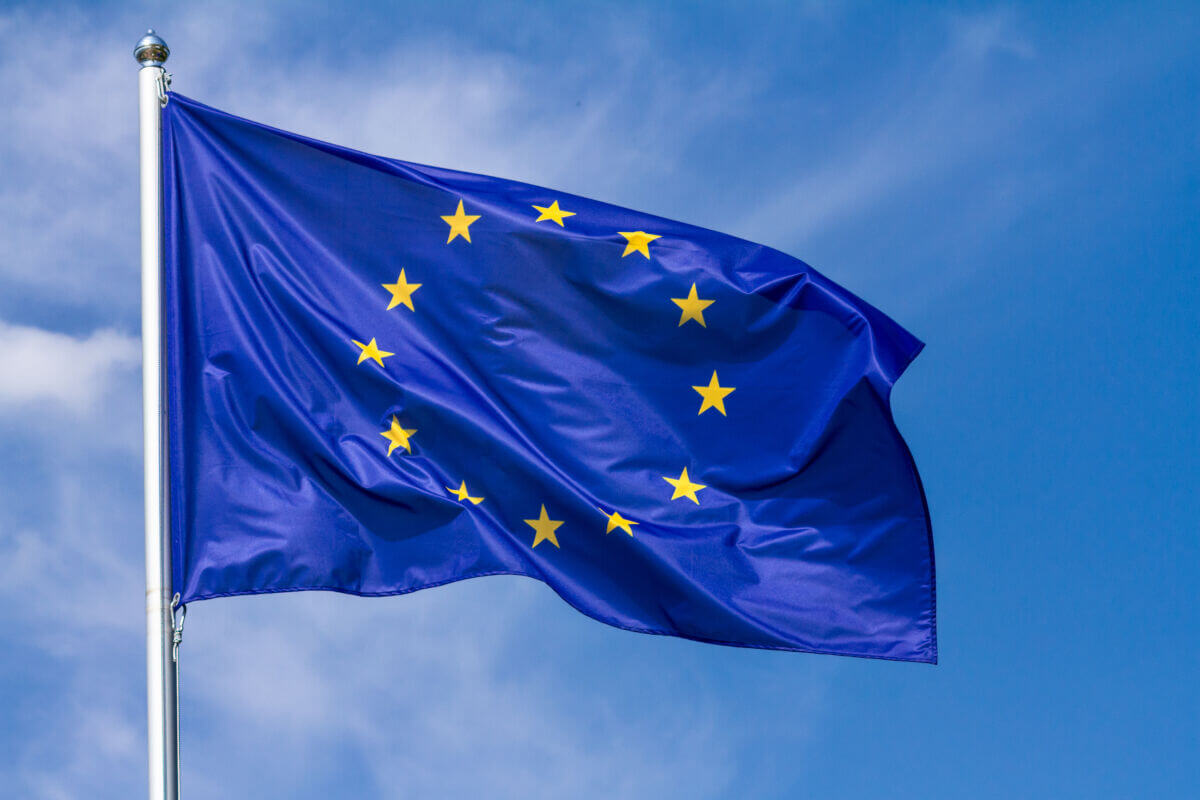Navigating the Foreign Subsidies Regulation - Update for Dealmakers

The European Union’s Foreign Subsidies Regulation (“FSR”) – which was introduced to combat distortions caused by advantages granted by non-EU states – continuously brings both challenges and opportunities for EU businesses. Under the new leadership of Commissioner Teresa Ribera and guided by the Draghi Report and the EU Competitiveness Compass, businesses are facing an era of strategic policy adaptations. In this article, we will guide dealmakers through the most important trends in the world of the FSR.
FSR implementation – the story so far
The FSR became applicable on 12 July 2023, mandating from that moment FSR notifications to the EU Commission for certain mergers and public procurements. In the first 1.5 years, the EU Commission received over 100 merger notifications and over 1000 notifications in relation to public procurement procedures.. These figures far exceeded initial expectations, highlighting the regulation’s broad reach.
The main takeaways are:
- The vast majority of the notified transactions and procurements received clearance within the 25working-day timeframe. Around one-third of the notifications involved private equity buyers.
- The EU Commission has launched five in-depth investigations. Three concerned public procurements and one related to an M&A deal. The EU Commission also initiated an ex officio investigation into Chinese company Nuctech. Our EU and Competition team assisted Nuctech during the Commission’s dawn raid at its Rotterdam office.
- Chinese enterprises were central to the Commission’s first probes but the Commission seems to be expanding its focus to subsidies from the Gulf region.
- The acquisition of PPF Telecom by the Emirates Telecommunications Group Company PJSC (e&) was cleared after a phase II process and subject to commitments, setting a precedent for behavioral remedies under the FSR.
- A deal that will likely be scrutinized by the EU Commission under the FSR and could give rise to commitment obligations, is the takeover of German chemical company Covestro by UAE-based Adnoc.
- The EU Commission’s informal questions regarding China-based Midea’s takeover of Arbonia’s climate division show that the EU Commission is also willing to ‘call in’ transactions that do not meet the FSR’s thresholds.
New Commissioner, new direction – broadening the FSR’s scope?
New Commissioner Teresa Ribera has committed to robust enforcement of the FSR, aligning with Ursula von der Leyen’s mission to ensure fair competition through proactive mapping of harmful foreign subsidies. At the same time, the Draghi Report emphasized the importance of reducing regulatory burdens for business. Ribera appears to acknowledge this as she pointed out that the EU Commission will have to enforce where it matters most for competition and recognizing “We can’t be everywhere at once, and we don’t need to be”. Notably, Ribera emphasised that FSR enforcement will be a top priority, with the EU Commission focusing its enforcement powers on “the part of that legislation that applies to concentrations”.
To guide companies through the FSR landscape, the Commission plans to enhance transparency by issuing formal guidelines and establishing case precedents. The Commission initiated the process of drafting guidelines on 5 March 2025 by launching a consultation to gather feedback on the main objectives, scope, and context of the upcoming guidelines.
The possibility for the EU Commission to ‘call in’ transactions below the thresholds creates uncertainty, particularly for buyers from China and the Gulf region, who may need to assess whether to proactively engage with the EU Commission to avoid unexpected investigations. An inquiry from the EU Commission can disrupt the projected timelines of a transaction and lead to delays, even when no notification ultimately needs to be made. The Midea case is an example of this, as uncertainty over an FSR notification persisted until the same month it received merger approval. Crucially, it shows that a parallel EU merger control filing does not shield transactions from FSR scrutiny. In the Midea case, the EU Commission only reached out with informal FSR-related questions four months after pre-notification talks for merger clearance had begun.
Increased relevance of the FSR in times of a potential trade war
Noteworthy is the role the FSR plays in an era of potential trade wars, where tariffs have become the norm, and companies therefore may seek ways to circumvent trade barriers. A well-established strategy for firms facing EU tariffs, such as the duties imposed on Chinese electric vehicle makers BYD, Geely, and SAIC in 2024, has been to shift or expand production within the EU. In the past the EU Commission had limited options to intervene in such strategies. The introduction of the FSR changed this. By investigating EU-based companies benefiting from foreign subsidies, the FSR enables the EU Commission to take action even when production has been relocated to the EU itself. The EU Commission is reportedly preparing an investigation into BYD, examining whether China has granted unfair subsidies to a BYD facility in Hungary.
FSR enforcement – what lies ahead?
The Commission must, by 13 July 2026. present a report to the European Parliament and Council in which it assesses the implementation of the FSR. If the Commission deems it appropriate, it may accompany the report with legislative proposals to amend the FSR. Looking ahead to this assessment, several key points stand out:
- Commissioner Ribera stresses the importance of defending the EU’s competitiveness and resilience using the full breadth of the EU Commission’s toolbox. In that regard, Ribera wants to “make sure that the Foreign Subsidies Regulation is implemented in a coherent way with all other relevant tools in our toolbox to achieve our common objectives”.
- Executive Vice-President Séjourné, who is responsible for Prosperity and Industrial Strategy including the public procurement FSR tool, stated that the Commission will assess “the appropriateness of the level of the notification thresholds” and that “based on this assessment, if needed to ensure a level playing field for all companies on the internal market, the Commission will consider a possible legislative proposal to that end”.
- On 9 January 2025, China’s Ministry of Commerce published its findings after a six-month investigation into the consequences of the FSR. The Ministry concluded that the FSR leads to (unfair) trade and investment barriers for Chinese companies entering the EU market. The report stated that the FSR was disproportionately enforced against Chinese companies, leading to administrative burdens and increasing compliance costs compared to EU firms. It remains to be seen whether and how the results of this investigation will affect FSR enforcement. While it seems unlikely that the EU Commission will refrain from targeting Chinese companies, the EU Commission could be under more pressure to ensure its investigative practices and decisions are well-founded and proportionate.
Practical takeaways for businesses
- Businesses must establish robust data collection systems to track foreign financial contributions across all subsidiaries and affiliates. This proactive approach will facilitate continuous FSR compliance, speed-up potential FSR related procedures and mitigate risks.
- To avoid unexpected delays, it is advisable to engage early with the EU Commission and initiate pre-notification discussions to clarify potential notification requirements and address potential concerns promptly. This is especially advisable given the Commission’s willingness to ‘call in’ below-threshold transactions.
- Businesses must evaluate transaction structures carefully, taking the FSR’s implications into account when planning mergers and acquisitions. Flexibility in transaction timelines and the inclusion of FSR-related clauses in agreements are critical.
- Non-EU businesses should be aware that the FSR could prevent them from exploiting potential loopholes to avoid EU tariffs (such as subsidizing the start or increase of production (locations) in the EU).
Our European and Competition Law team keeps a close eye on FSR developments. We are happy to further update you in a meeting and answer any questions you may have.






